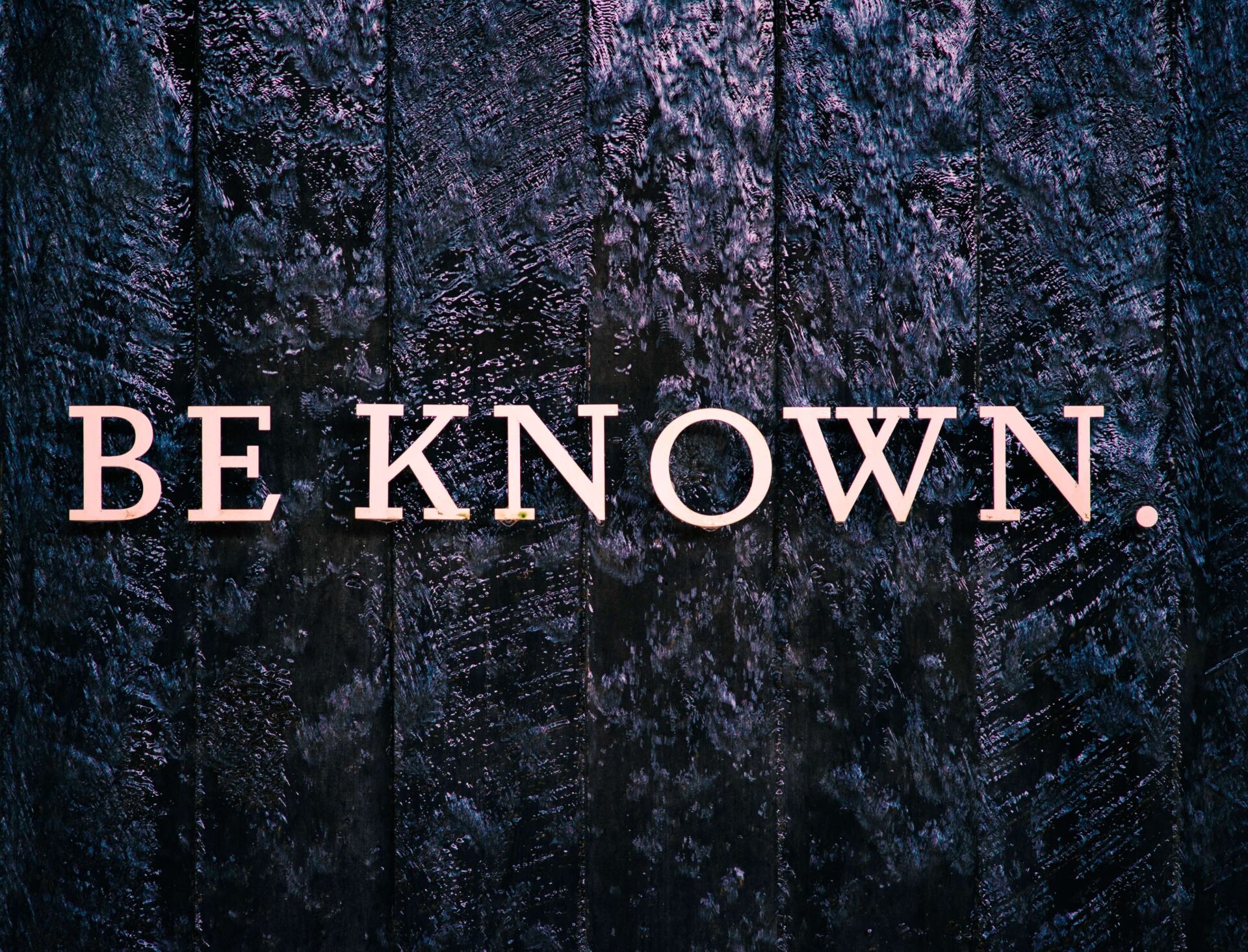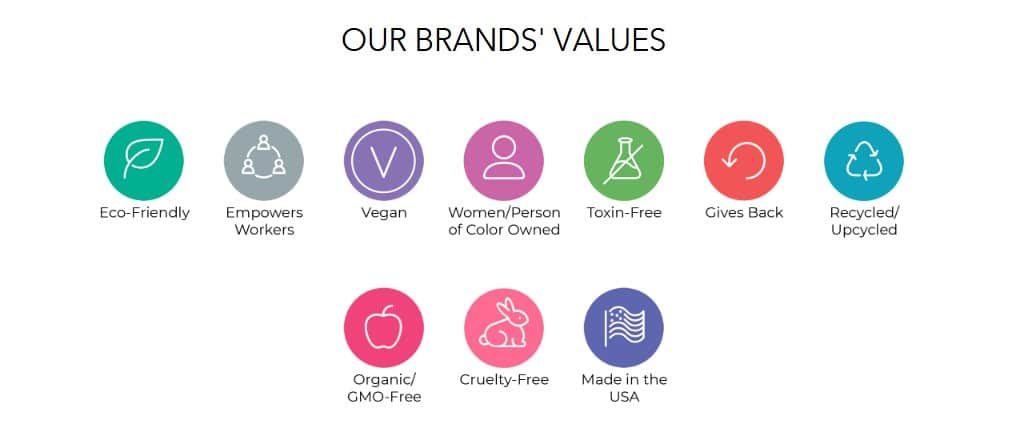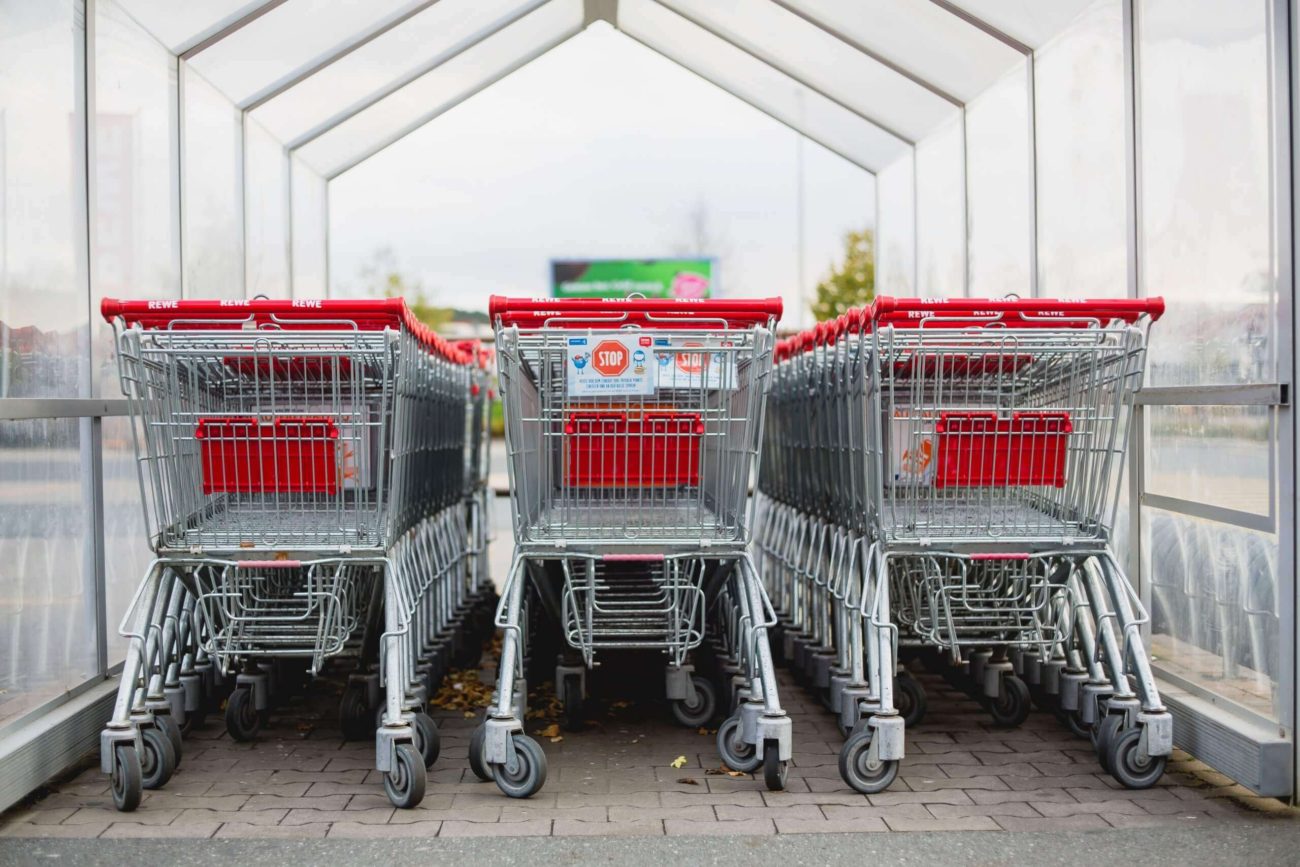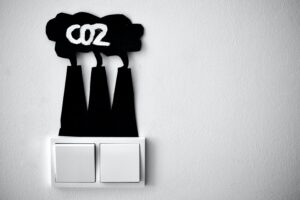- Grandparents Can Develop Activist Grandchildren - September 29, 2025
- Top Six Reasons Credit Union Benefits Are a Smart Choice Over Banks - August 18, 2025
- The Meaning of Equanimity: Discover How to Survive Challenges with Composure - June 9, 2025
Last Updated on September 21, 2025
In this post, I discuss the meaning of boycotts and buycotts and how you can use your power as a consumer to support your cause.
My husband plays in a community orchestra. On concert night, my friends and I go to dinner and then to his concert. Early in Trump’s second presidency, citizens quickly organized boycotts against corporations that supported Trump’s campaign and inauguration. On the Friday of my husband’s concert, the grassroots group People’s Union USA organized a 24-hour national boycott of big businesses. We considered not going out to dinner but instead ate at a family-owned Indian restaurant. We were treated to authentic dishes with amazing spicy flavors. It felt good to sit with my friends and enjoy a cuisine from a country on the other side of the world, which was likely being impacted in many negative ways by the president’s actions.
So, did that boycott make a difference? Did small, local businesses see an increase in business? Although the event was widespread on social media, it doesn’t appear there was reliable tracking that could tell us the actual results.
Despite that, you wield much power through your purchasing decisions. You can influence businesses, advocate for change, and live your values by choosing where to spend your money.
The Meaning of Boycotts
What is a boycott? A boycott is an organized refusal to buy from a company, organization, or country to protest unethical practices. This tactic uses economic pressure to force change. Learn about how Charles Cunningham Boycott, a British estate manager in 19th century Ireland, inspired a new form of activism: (1:45)
Examples of Successful Boycotts

In the late 1700s and early 1800s, abolitionists in the U.S. and Britain refused to buy goods such as sugar and tobacco produced by enslaved labor and instead sought “free produce” made by paid laborers.
Perhaps the most famous boycott is the 1955 Montgomery Bus Boycott sparked by Rosa Parks’ arrest for refusing to give up her bus seat. This protest led to a Supreme Court ruling that segregation on public buses was unconstitutional. On a Living Legacy tour we visited the church where they planned the boycott.

Led by the Agricultural Workers Organizing Committee and joined by the National Farm Workers, the 1960s Delano grape boycott targeted California grape growers to protest poor working conditions and low wages. They received better pay and labor rights. Cesar Chavez and Dolores Huerta were integral to the National Farm Workers.
In the 1980s, global boycotts of South African goods pressured the government to dismantle its apartheid system, leading to a democratic government.
“As South Africa diversified its exports in the 1980s, the AAM focused on fashion chains like Marks and Spencer, Next and Austin Reed. Next and the Co-op Retail Society stopped selling South African goods. Between 1983 and 1986 British imports of South African textiles and clothing fell by 35%. In June 1986 an opinion poll found that 27% of people in Britain boycotted South African products.” ~ Forward to freedom
You wield much power with your wallet, and this type of activism is a perfect way to mobilize for causes other than the one closest to your heart.
The Meaning of Buycotts

Examples of Successful Buycotts
The term “buycott” is modern, but people intentionally supported ethical businesses in the 19th century alongside boycotts. In the 1800s, working-class people formed cooperatives to pay better wages, provide safe working conditions, and share profits fairly.
My favorite example is the 1800s German credit union movement, which led to our current worldwide credit union system. In 1864, Friedrich Wilhelm Raiffeisen established the first credit cooperative, where people could deposit savings and borrow money at fair interest rates.

The Fair Trade movement encourages people to buy products from ethical sources. The definition of “ethical” varies but usually means fair wages and sustainable practices. Even crafting has jumped on this bandwagon, with people searching for yarn that is not just cruelty-free but also from ethical businesses.

Following the 2020 racial justice protests, people supported Black-owned businesses. Platforms like We Buy Black and Official Black Wall Street saw increased traffic.
Consumers can choose companies with B Corporation Certification (businesses with high ethical and environmental standards). Brands like Patagonia, Seventh Generation, and Dr. Bronner’s have thrived due to eco-conscious buycotts. I love Patagonia because the owner gave most of the company to an environmental nonprofit. And I love B Certified Walden University, where I teach.
In response to Chick-fil-A’s history of anti-LGBTQ+ donations, a buycott encouraged consumers to buy from brands that openly support LGBTQ+ rights, such as Ben & Jerry’s, Starbucks, and Levi’s.
Buycotts work because they positively reinforce ethical business practices, leading to industry-wide shifts.
How to Participate in Boycotts and Buycotts
Decide what causes you wish to support and what practices are important to you. That might include fair wages for workers, female and minority-owned businesses, and those emphasizing sustainable operations and products.
Find businesses to support. Websites like Good On You (ethical fashion and beauty products), Fair Trade Certified, and B Corporations can help identify brands that align with your values. DoneGood is an ethical marketplace with over 100 ethical brands. A cool feature is being able to search for products by value.

Target your spending. It is okay to start small but consider prioritizing your biggest-impact purchases such as food. For example, search for a food co-op in your area. If possible, be willing to pay more for ethical alternatives, knowing your dollars are making a difference.
Spread the word. Don’t be shy about your spending for good. Advocate for ethical brands. Talk to your friends and post on social media. Write reviews for ethical companies to help boost their brand.
Companies respond to consumer spending, and you may find that businesses that were not considered ethical have changed for the better. On the other hand, companies that were considered ethical may have backtracked.

Use Your Power
Being part of boycotts and buycotts may seem minor. Still, you add to significant change when millions make conscious purchasing decisions and shape public opinion. And hopefully, corporate behavior.
Sometimes, I feel as if I can’t challenge major injustices. But every day, I can spend my money on companies that align with my values.
READ NEXT
How To Nudge People To Make Better Financial Decisions



